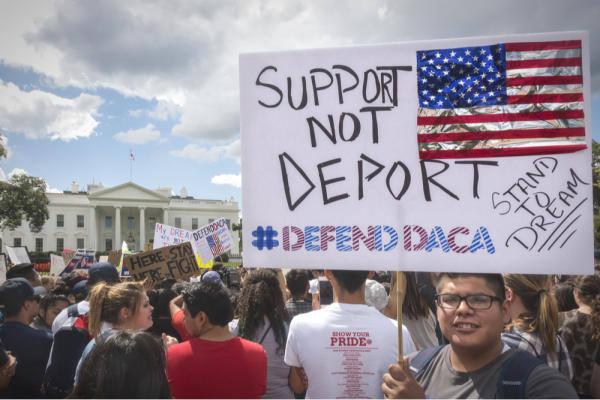Mar 4, 2021
This year is the best chance we have had in nearly a decade to change our broken immigration system.
Read the Full Article

Already a subscriber? Login

This year is the best chance we have had in nearly a decade to change our broken immigration system.
